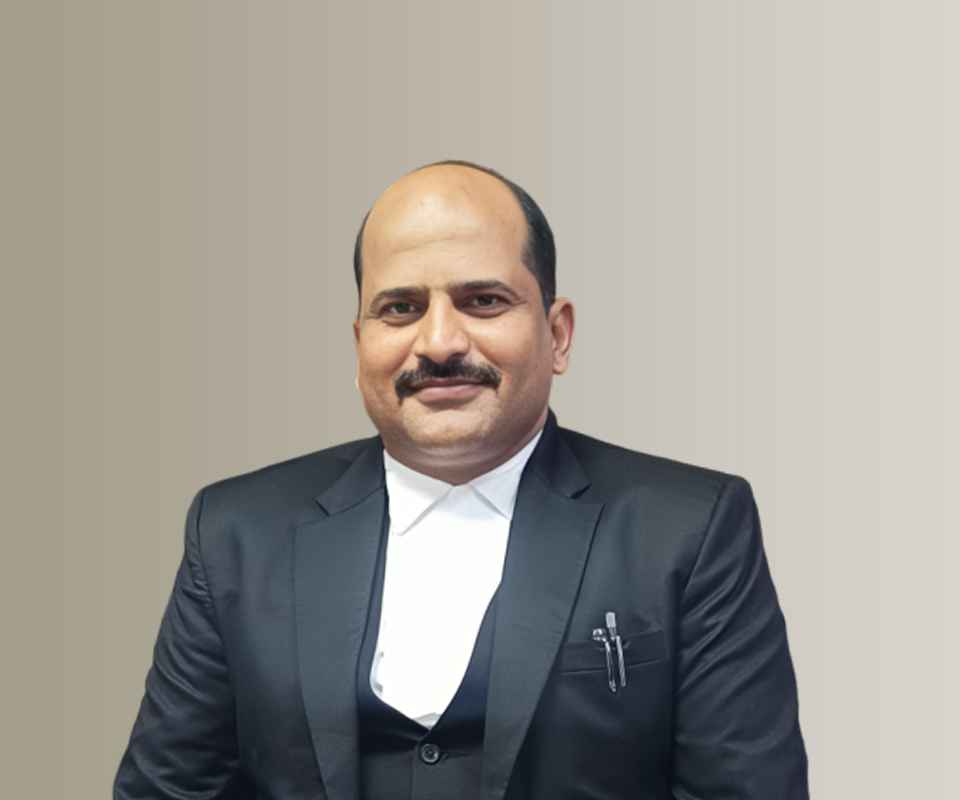Answer By law4u team
Yes, under certain circumstances and legal provisions, a husband can claim maintenance from his wife in India. Traditionally, maintenance has been thought of as support provided by the husband to the wife, but Indian law does recognize instances where a husband may be entitled to financial support from his wife. The specific circumstances and legal avenues available for a husband to claim maintenance depend on personal laws, as well as statutory provisions such as the Criminal Procedure Code (CrPC) and the Hindu Marriage Act (HMA).
1. Legal Provisions for a Husband to Claim Maintenance:
- Section 24 of the Hindu Marriage Act, 1955:
- Interim Maintenance During Divorce Proceedings: Under Section 24 of the Hindu Marriage Act (HMA), if a husband is unable to maintain himself during the pendency of divorce proceedings, he can seek interim maintenance from his wife. This provision is available to both husbands and wives, and it aims to provide financial support to the spouse who is financially dependent during the period when the divorce is still in process. In this case, the husband must show that he has no sufficient means to support himself and that his wife is financially capable of providing the support.
- Section 125 of the Criminal Procedure Code (CrPC):
- Maintenance for Husbands: Section 125 of the CrPC is a general provision available to spouses (husbands or wives) who are unable to maintain themselves. While it is often used by wives seeking maintenance, a husband can also claim maintenance under Section 125 CrPC if he is unable to maintain himself and is financially dependent on his wife. The husband seeking maintenance must prove that he is unable to support himself due to factors like illness, disability, unemployment, or inability to earn.
- Maintenance Under the Special Marriage Act, 1954:
- If the husband and wife are married under the Special Marriage Act, which applies to interfaith marriages, the husband may seek maintenance under the provisions of this Act, similar to the Hindu Marriage Act. This can include interim maintenance during divorce proceedings or permanent maintenance after the divorce.
- Other Personal Laws:
- Muslim Law: Under Muslim law, a husband can generally not claim maintenance from his wife. However, a husband may be entitled to maintenance under the Muslim Women (Protection of Rights on Divorce) Act, 1986, if he is unable to support himself after divorce, but the primary intent of this law is to support Muslim women after divorce, not the husband.
- Christian and Parsi Law: Similar provisions in personal laws of Christians and Parsis may not provide for a husband's claim for maintenance from his wife, though a court might still grant interim maintenance under Section 125 of CrPC, if the husband is unable to support himself.
2. Conditions for a Husband to Claim Maintenance:
A husband may claim maintenance from his wife under the following conditions:
- Financial Dependence: The husband must prove that he is unable to support himself due to financial dependence on the wife. This could be due to reasons like unemployment, illness, age, or disability.
- Wife’s Financial Capability: The wife must be in a position to provide support, which means she should have sufficient means to support the husband’s maintenance claim.
- No Sufficient Means: The husband must prove that he does not have any other source of income or property from which he can support himself.
- Inability to Earn: If the husband is unable to earn due to reasons like serious illness, physical or mental disability, or other extenuating circumstances, he may be eligible for maintenance.
3. Court's Consideration in Maintenance Claims:
When determining whether a husband is entitled to maintenance, the court takes into consideration several factors:
- Income and Earning Capacity: The court will examine both the husband’s and wife’s income and earning capacity. If the wife is financially well-off and the husband is unable to maintain himself, the court may direct the wife to provide financial support.
- Standard of Living: The court will also consider the standard of living the husband had during the marriage and try to ensure that he can live in a similar manner after separation or divorce, if possible.
- Health Condition: If the husband is seriously ill or disabled, the court may grant maintenance considering the need for medical care and basic support.
- Duration of the Marriage: If the husband was previously the primary breadwinner and the wife was financially dependent on him, the court may also consider the length of the marriage and the role of each spouse in contributing to the family.
4. Examples:
- Example 1: A husband who is unable to work due to a serious illness and has no income can claim maintenance under Section 125 of CrPC. If the wife is employed and has a good income, the court may grant maintenance to the husband.
- Example 2: A husband who was financially dependent on his wife during the pendency of divorce proceedings can claim interim maintenance under Section 24 of the Hindu Marriage Act.
5. Limitations:
While Indian law allows for a husband to claim maintenance in certain situations, there are limitations based on the specific circumstances of each case:
- No Claim for Maintenance for Faulty Marriages: A husband who is responsible for the breakdown of the marriage (such as through cruelty or adultery) may find it difficult to claim maintenance from his wife.
- Short Duration Marriages: In short-term marriages, a husband’s claim for maintenance may be denied unless there are special circumstances like illness or financial incapacity.
Summary:
Yes, a husband can claim maintenance from his wife under Indian law, but only in certain circumstances. This claim is generally based on financial dependence and the inability of the husband to support himself due to factors such as illness, disability, unemployment, or old age. Provisions like Section 125 of CrPC and Section 24 of the Hindu Marriage Act allow for such claims. However, the husband must prove that he is unable to maintain himself and that his wife has the financial capacity to support him. Personal laws and the specific circumstances of the marriage play a key role in determining whether a husband can claim maintenance.







